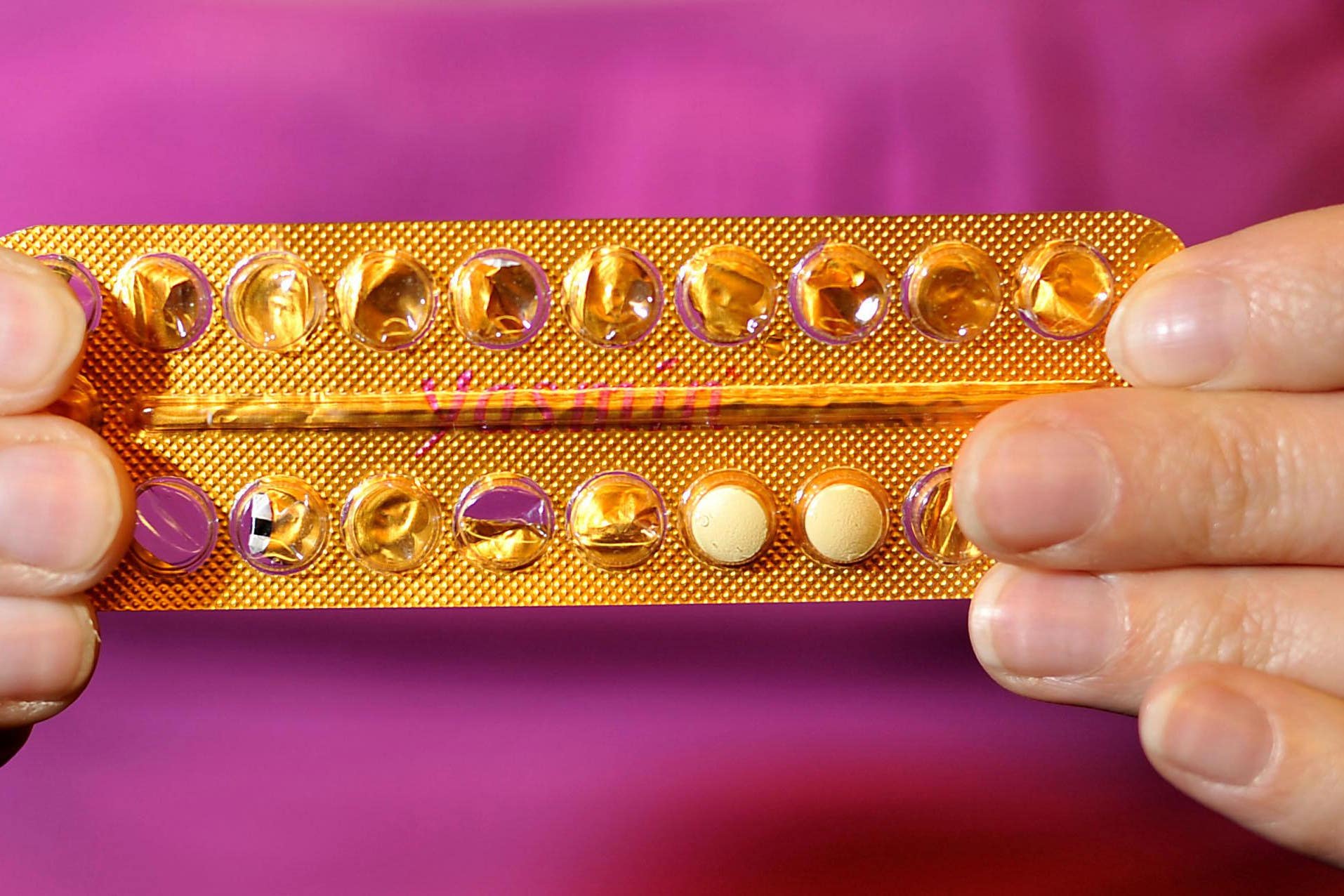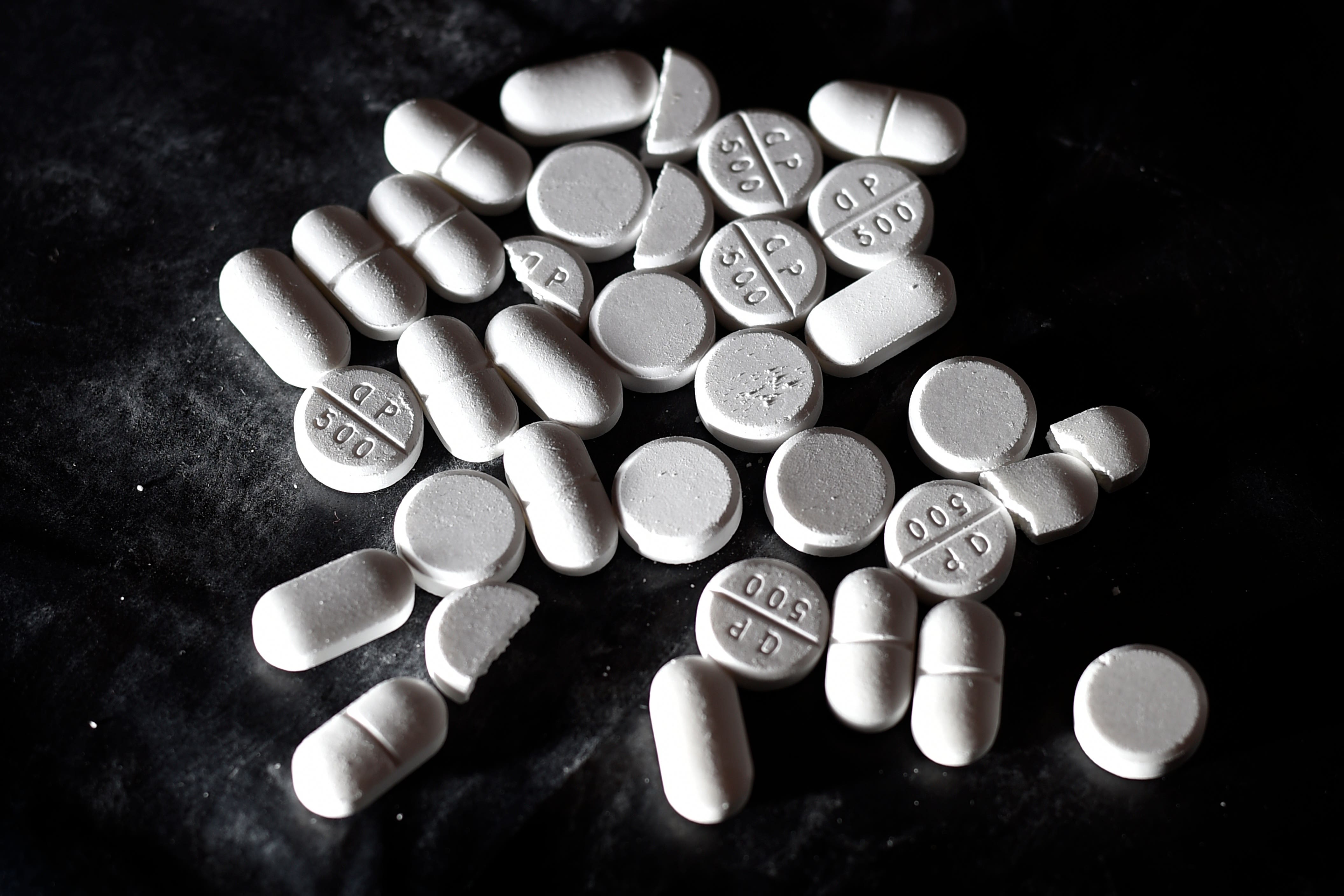Taking painkillers while on the contraceptive pill may lead to risk of blood clots, study finds
The study found that the risk is greater among women using certain painkillers while on the combined contraception pill

Your support helps us to tell the story
From reproductive rights to climate change to Big Tech, The Independent is on the ground when the story is developing. Whether it's investigating the financials of Elon Musk's pro-Trump PAC or producing our latest documentary, 'The A Word', which shines a light on the American women fighting for reproductive rights, we know how important it is to parse out the facts from the messaging.
At such a critical moment in US history, we need reporters on the ground. Your donation allows us to keep sending journalists to speak to both sides of the story.
The Independent is trusted by Americans across the entire political spectrum. And unlike many other quality news outlets, we choose not to lock Americans out of our reporting and analysis with paywalls. We believe quality journalism should be available to everyone, paid for by those who can afford it.
Your support makes all the difference.Taking common painkillers while on the contraceptive pill may lead to a small increased risk of blood clots, research suggests.
Experts said that while the risk is low, women should be informed of the link between non-steroidal anti-inflammatory drugs (NSAIDs) and hormonal contraception.
NSAIDs are widely used to relieve pain, fever and to reduce inflammation.
The main types of NSAIDs in the UK include ibuprofen, naproxen, diclofenac, celecoxib, mefenamic acid, etoricoxib and indomethacin.
The Danish study, published in the British Medical Journal (BMJ), included data from more than two million women.
It found that the risk was greater in women using ibuprofen, diclofenac and naproxen while on combined pills containing progesterone and oestrogen, but was smaller in women using progestogen-only pills (often called the mini-pill), implants and coils.
The researchers used national medical records to track diagnoses of venous thromboembolism (blood clots) among two million women aged 15 to 49 living in Denmark between 1996 and 2017 with no history of blood clots, cancer, hysterectomy or fertility treatment.
Hormonal contraception was divided into high, medium and low risk, according to their links with clots in previous studies.

The researchers said high-risk, hormonal contraception included combined pills containing either 50mcg oestrogen or third or fourth-generation progestogen, while medium-risk included all other combined oral contraceptives.
Low or no risk included the mini pill, implants and coils.
The study found that NSAIDs were used by 529,704 women on hormonal contraception, with ibuprofen being the most frequently used NSAID (60 per cent), followed by diclofenac (20 per cent) and naproxen (6 per cent).
Over an average of 10 years, 8,710 venous clots occurred (2,715 pulmonary embolisms and 5,995 deep venous thromboses), and 228 (2.6 per cent) women died within 30 days of diagnosis.
The study found NSAID use was associated with four extra venous thromboembolic events per week per 100,000 women not using hormonal contraception, 11 extra events in women using medium-risk hormonal contraception, and 23 extra in women using high-risk hormonal contraception.

The link was strongest for diclofenac compared with ibuprofen and naproxen, the paper found. The experts warned the study did not prove a link but said women should be given information about the risks.
They said: “Women needing both hormonal contraception and regular use of NSAIDs should be advised accordingly.”
A range of factors that could influence the results, such as age, education level, pregnancy history, prior surgery, high blood pressure and diabetes, were taken into account when analysing the findings.
Dr Channa Jayasena, clinical senior lecturer and consultant in reproductive endocrinology and andrology, Imperial College London, said: “Blood clots are dangerous since they can lodge in the lungs causing breathing and heart problems.
“Contraceptive medications and painkillers like ibuprofen are essential for many women to avoid pregnancy and cope with period pain.
“Painkillers and the pill (like all drugs) can occasionally cause serious side effects.
“But I don’t think this study alone should put off women taking either the pill, painkillers, or both if needed.
“The most important message should be for all women to reduce blood clot risk by smoking cessation and weight loss.”



Join our commenting forum
Join thought-provoking conversations, follow other Independent readers and see their replies
Comments